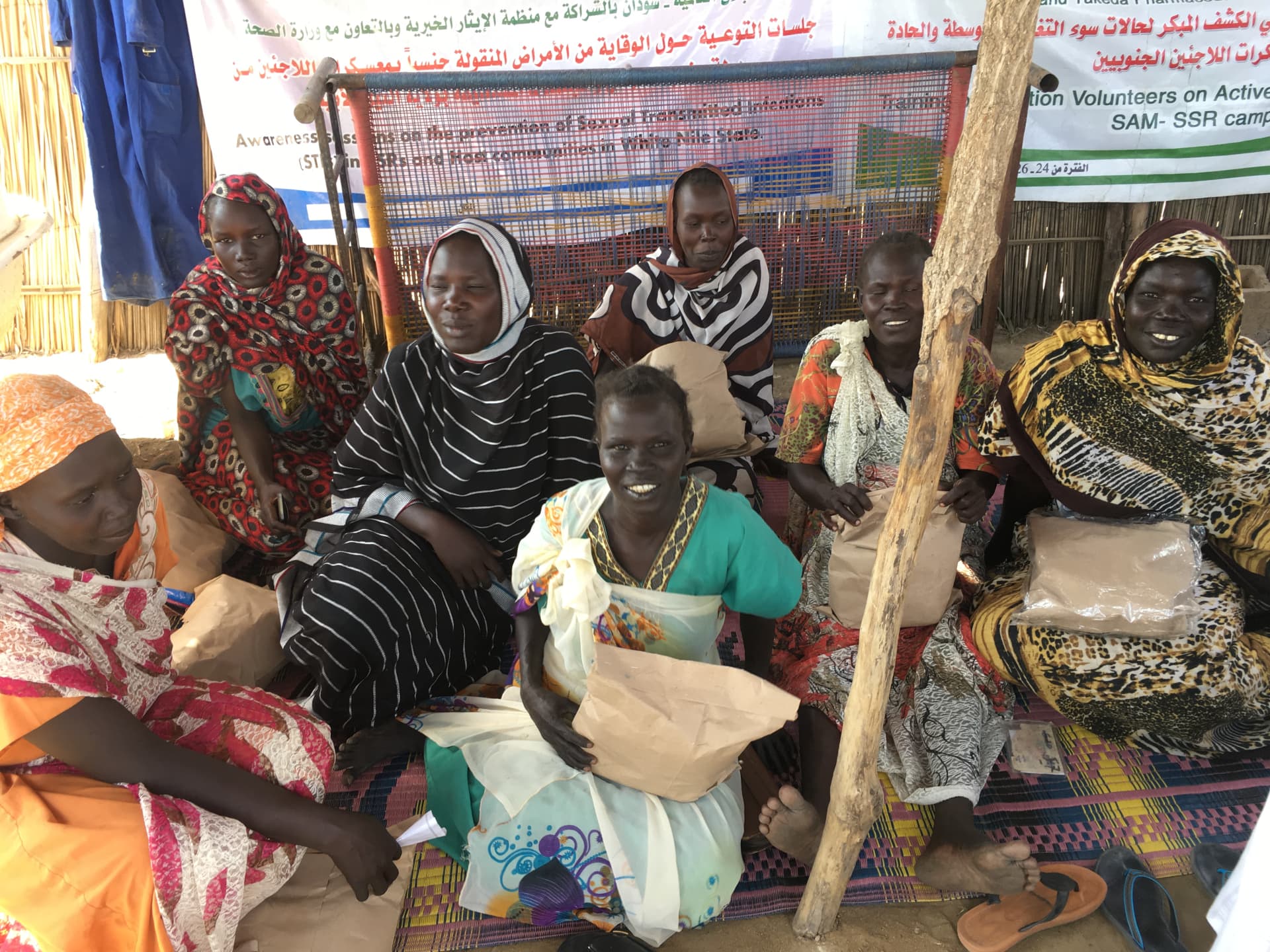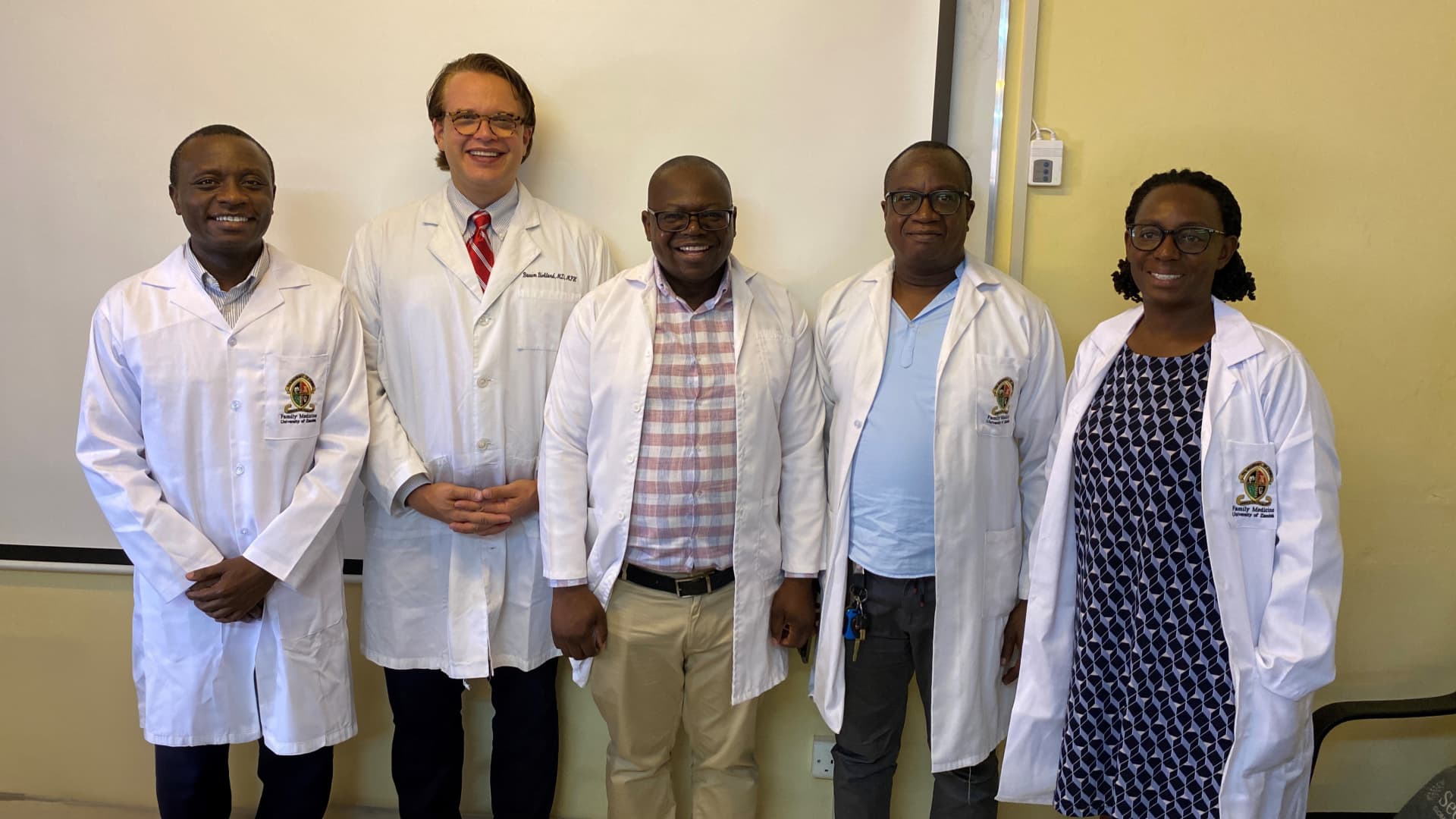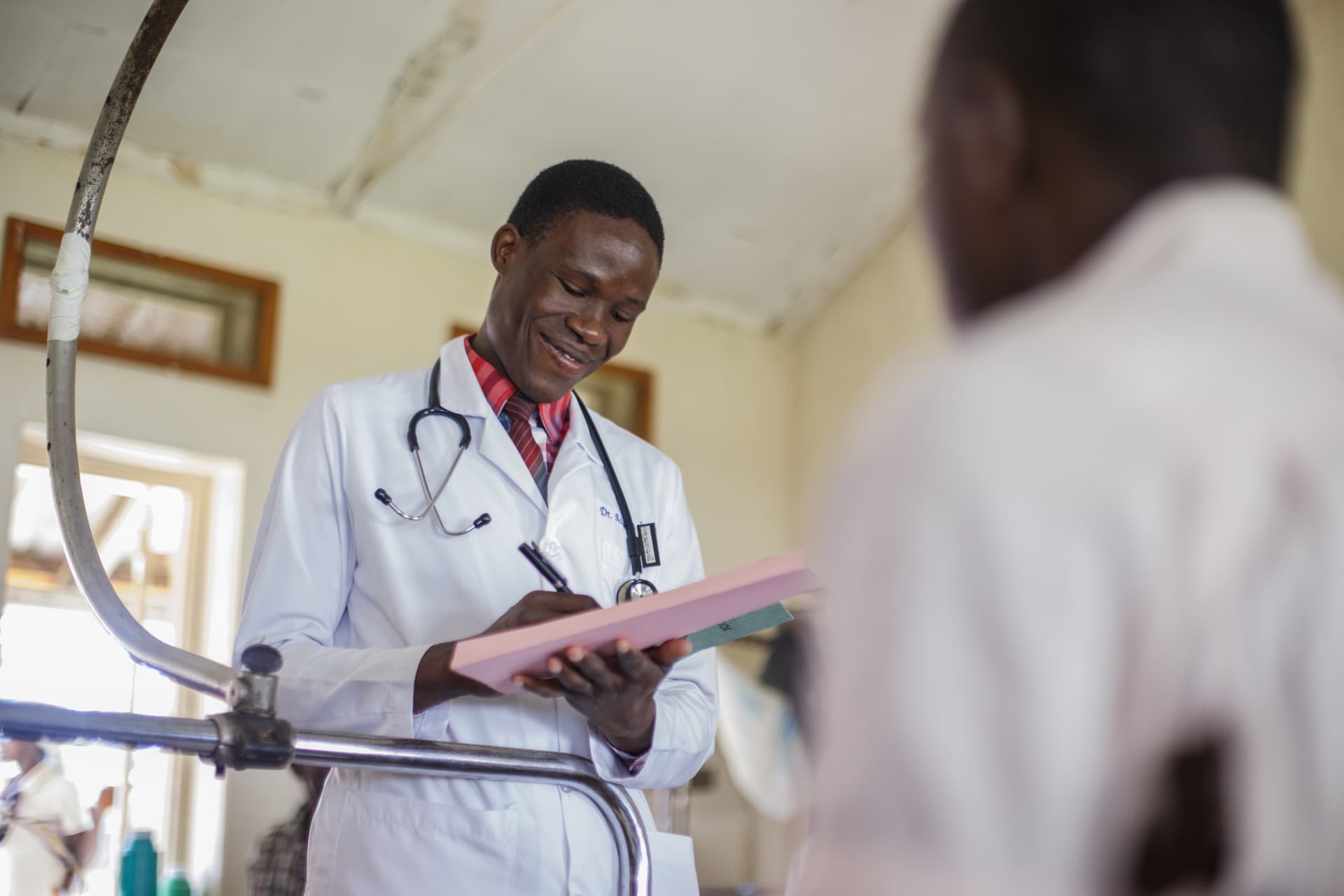Women, girls and health in the face of climate challenges | Takeda Stories
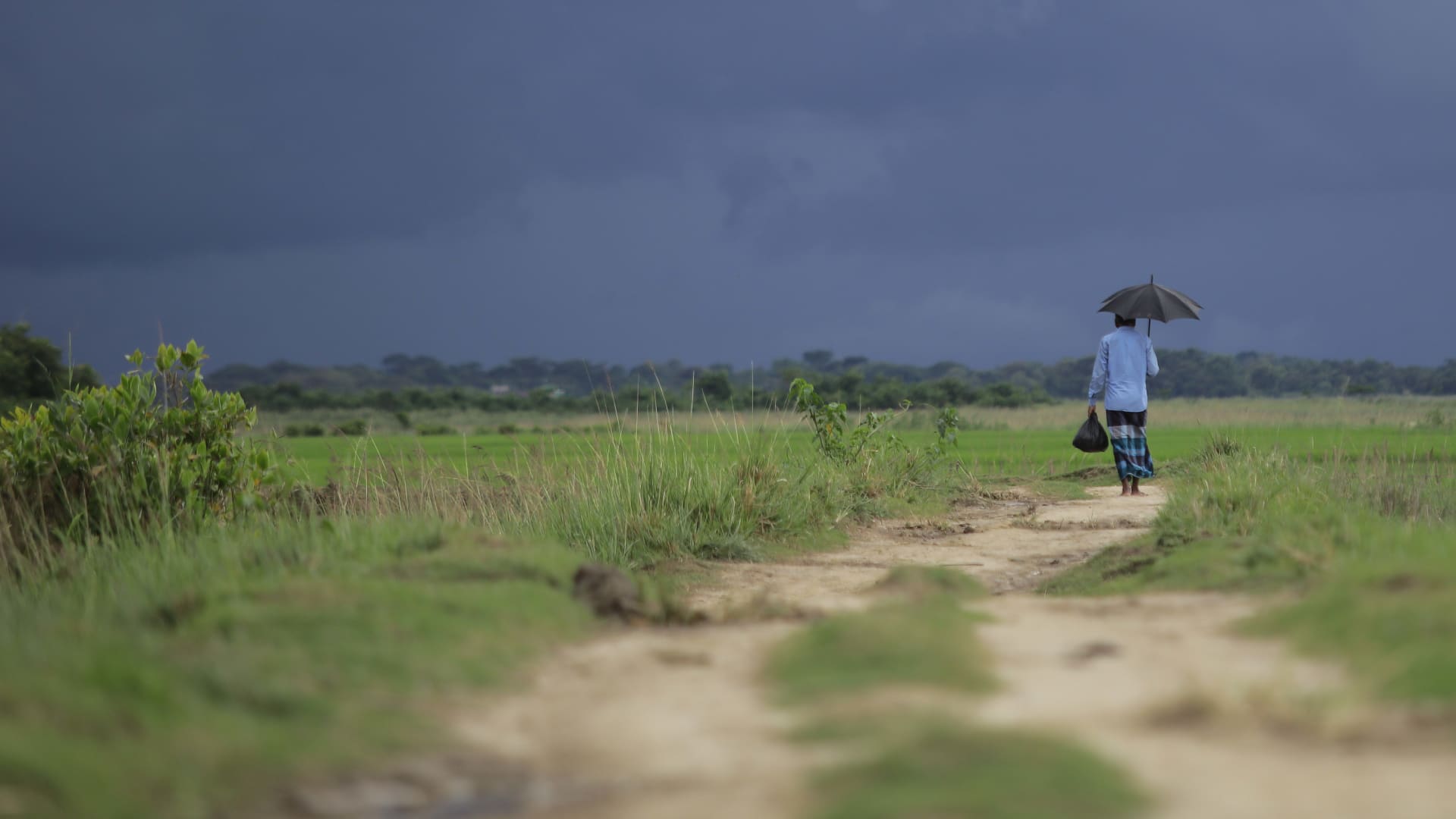
Women, girls and health in the face of climate challenges
“Even our older generations, our grandfathers and their grandfathers, have never seen such floods.”
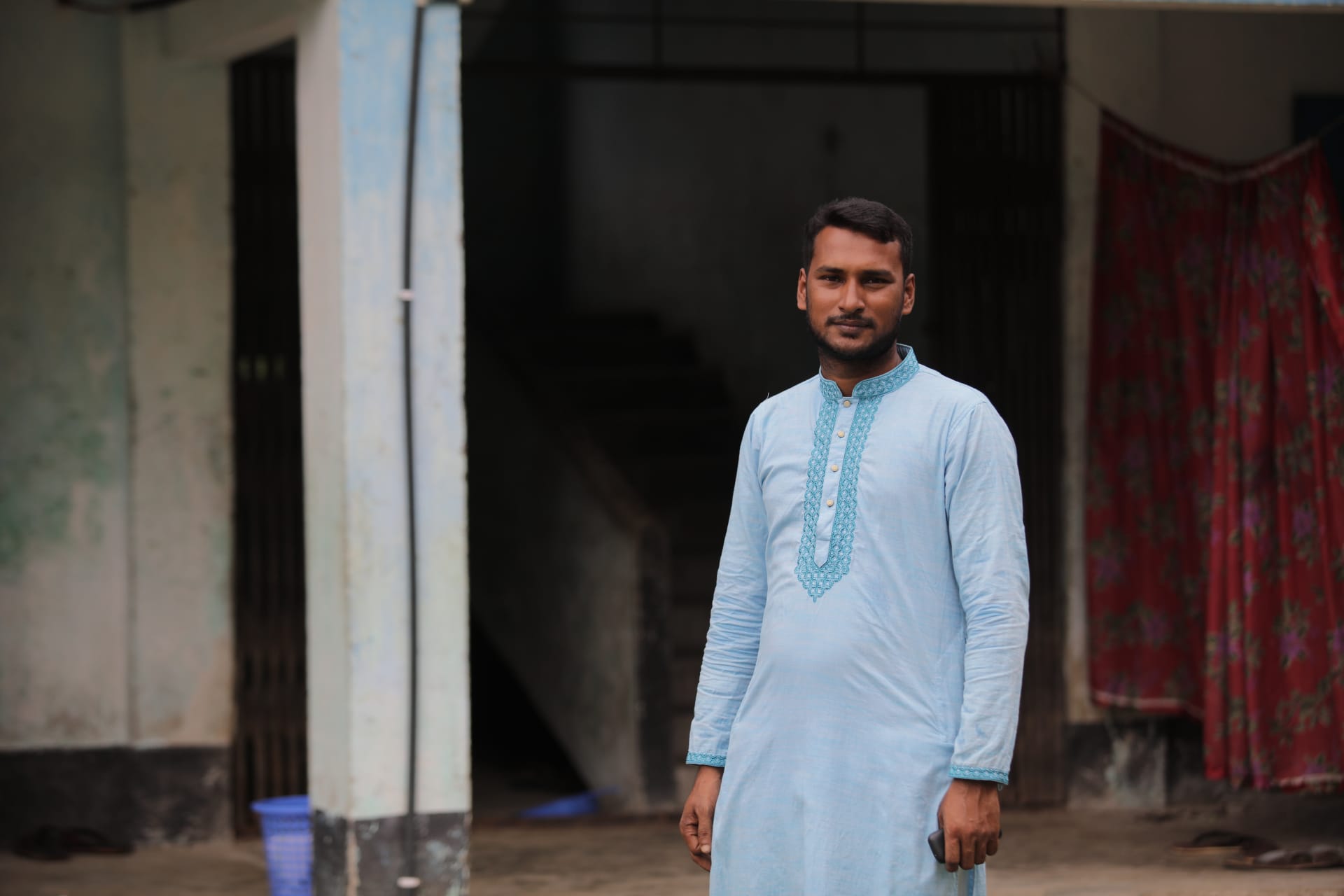
Mohamed Amin, a community representative in the village of Companiganj, Bangladesh
Mohamed Amin, a community representative in the village of Companiganj, Bangladesh, recalls the destructive flooding in the summer of 2022 that submerged vast areas of land and upended tens of millions of lives across South Asia.
“I took shelter at the madrasa* because we don’t have any official shelter in our village,” he says. “One-hundred-fifty families took shelter at this place, but there was no adequate place to sleep. Not even a place to sit. Mothers took their children and walked all night.”
As the climate changes, extreme weather events like the one Mohamed experienced are becoming increasingly frequent, bringing with them widespread health and socio-economic impacts. The United Nations’ Intergovernmental Panel on Climate Change estimates that today 3.45 billion people are highly vulnerable to these impacts – put another way: 45% of the world’s population.
Extreme weather events - known as climate shocks - also place health care systems under enormous strain, exacerbating existing inequities in low-resource communities. Without support, the results can be devastating.
In 2021, our employees voted to help address these issues through one of our Global CSR Program partnerships. We supported a four-year initiative from Pathfinder International called “Advancing the Leadership of Women and Girls Towards Better Health and Climate Change Resilience.” The initiative uses an integrated approach to help communities in Bangladesh and Pakistan withstand climate emergencies.
Dr. Tabinda Sarosh, Interim CEO of Pathfinder International, explains what makes this approach so innovative.
“The program positions women and girls as change agents in broadening access to equitable health services and building community resilience to climate shocks,” Dr. Sarosh says. “That includes strengthening health systems and improving nutrition, water sanitation and hygiene.”
Now in its third year, the program has already benefitted almost 150,000 mothers, fathers, children, community health workers and health care professionals. Here are just some of the ways the project has helped:
Trained over 3,000 community health workers to meet the needs of low-resource communities and withstand emergency shocks.
Supported the planting of 13,000 mangroves to protect coastlines, homes and infrastructure from storm surges while providing livelihood opportunities for fishing communities.
Educated communities on climate-resilient livelihoods, sharing knowledge, resources and skills to improve agricultural practices. Participants received rice seeds, fertilizer and vegetable seeds, and learned how sack gardening can increase yields while protecting crops.
Worked with local community members to stage 16 educational performances reflecting local climate challenges and communicating potential solutions.
Collaborated with the Bangladeshi government to produce five short videos aimed at educating young people on topics such as snake bites (incidences of which had increased due to extreme rain and flooding), maternal health; menstrual hygiene, gender-based violence and earthquake and lightning safety.
Held climate change and health sessions for students at 30 schools, supporting them to conduct student committee meetings and develop safety plans.
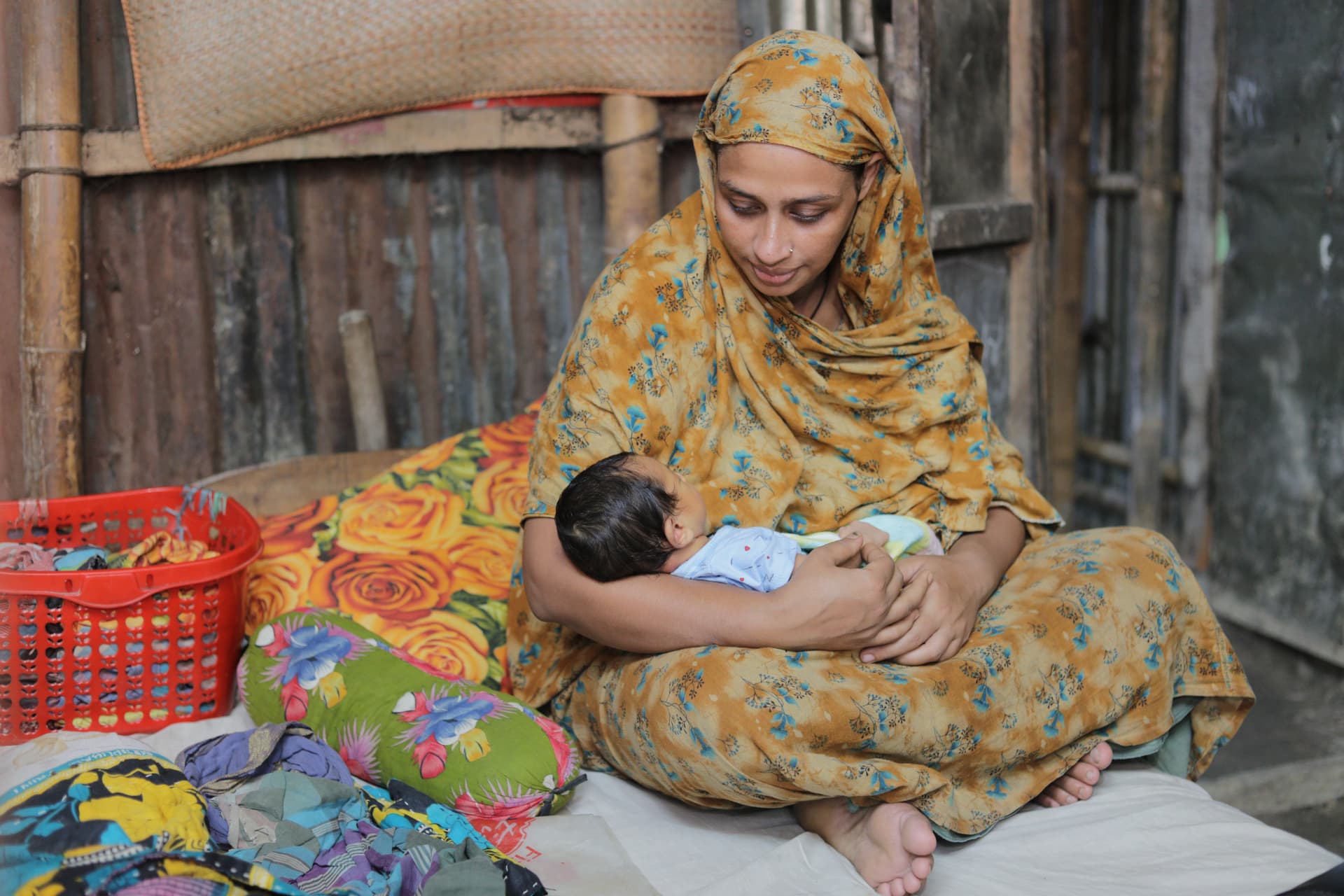
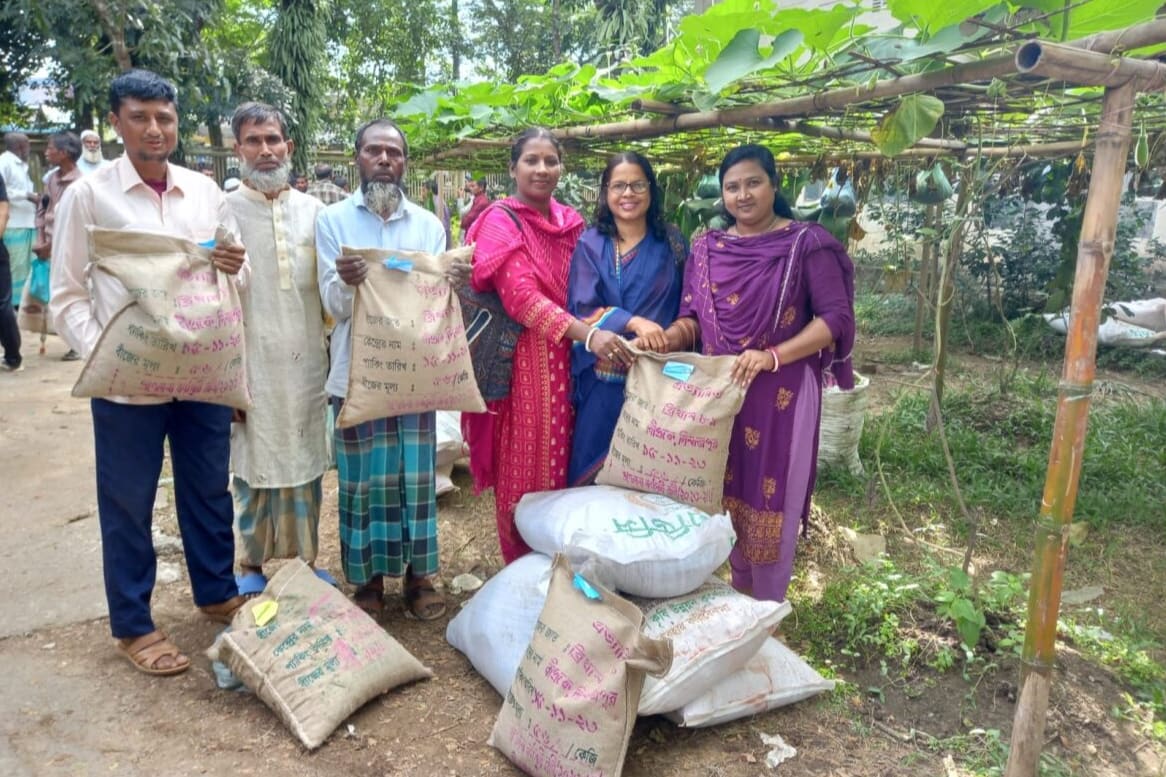
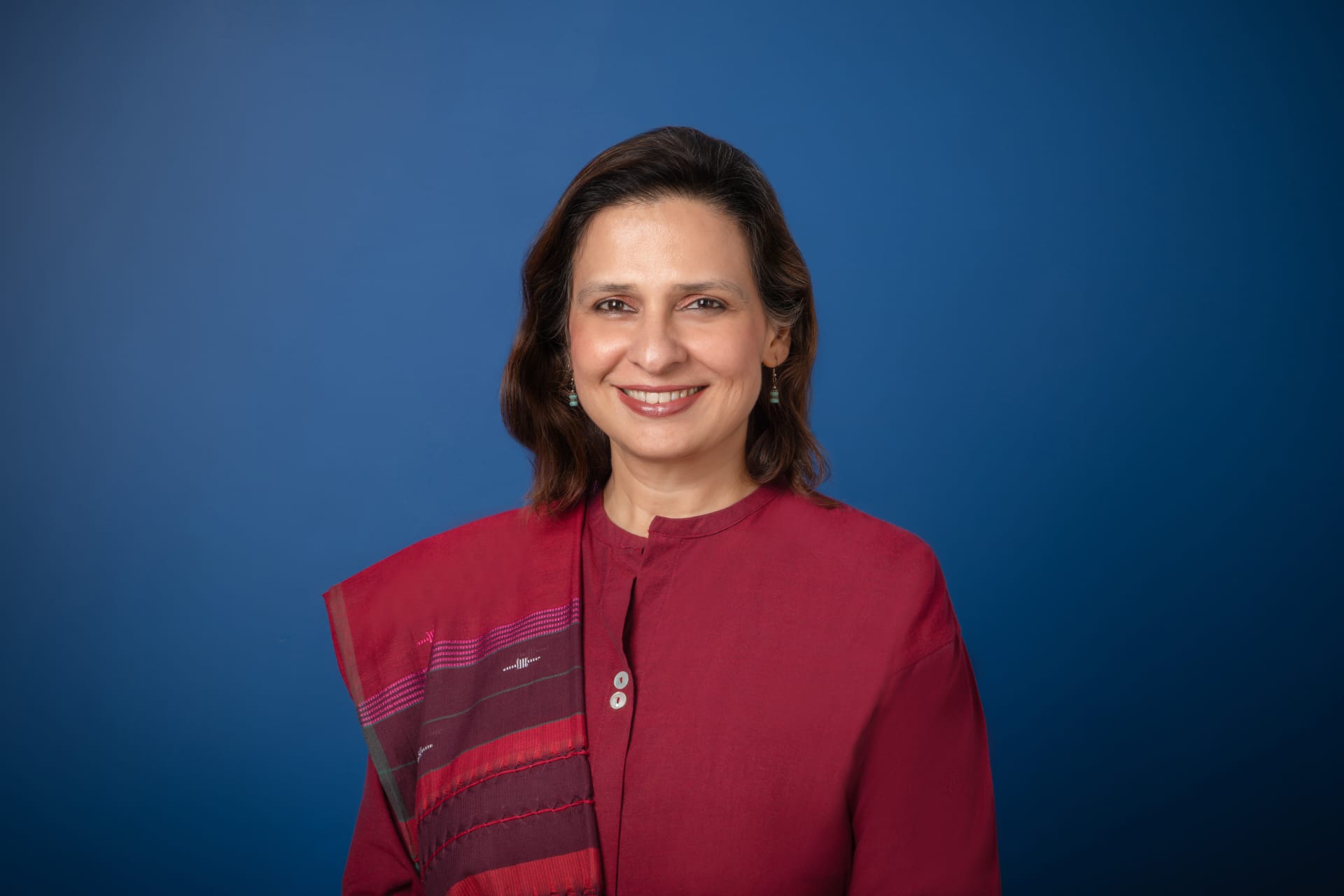
“Together we are empowering communities through women-led preparation, response and recovery. Ultimately, we want to help women forge their own paths to a healthier future.”
Dr. Tabinda Sarosh, Interim CEO of Pathfinder International
While this progress is encouraging, there is still work to be done. With the program set to run through 2025, we’re committed to effecting lasting change.
Takako Ohyabu, Takeda’s Chief Global Corporate Affairs & Sustainability Officer, recognizes the need for sustained effort: “Addressing gaps in health care requires perseverance and a long-term view,” she says. “That’s why each of our Global CSR Program partnerships is a four- to ten-year commitment.”
It’s the same long-term innovative approach to transforming lives that has enabled our own continued evolution over the past 243 years, and one that’s valued by our partners at Pathfinder International.
Dr. Sarosh explains: “Together we are empowering communities through women-led preparation, response and recovery. Ultimately, we want to help women forge their own paths to a healthier future.”
*Arabic word for an educational institution.
Share this story

